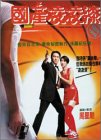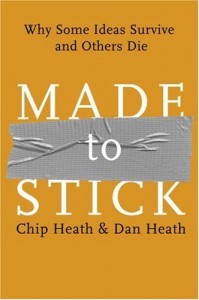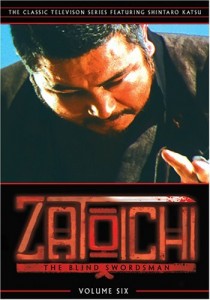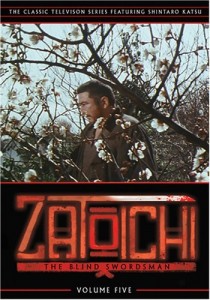I don’t usually watch movies, but I got through four this weekend, and here are the highlights:
Cedar Rapids – Is an Ed Helms vehicle about a small time insurance salesman taking his first trip down to the regional insurance convention, which sounds pretty dull, but of course is not. John C Reilly and Anne Heche are both solid, Alia Shawkat is good in a minor role, Tom Lennon is good in such a minor role that it makes you wonder if he did it as a favor, and Stephen Root is good as Helms’s boss, though to me he will always be Jimmy James of Newsradio‘s WNYX. The movie could have been a bummer, because Helms’s story is pretty bleak, but it is played light enough to get over. [This movie Exceeded Expectations]
Charlie’s Angels – Was a terrible movie when it was made and it didn’t age well. I suppose it was meant to be a fun romp, and obviously it was an homage to the TV show, but jesus it was awful. [This movie was Unacceptable]
District B13 – Is a French movie set in a near-future dystopian France (2010 in 2004), and lit the torch of parkour for most of the world. I didn’t expect much beyond some cool freerunning, but there’s actually a movie in there, and though it’s pretty standard action fare and only a little bit preachy about the disenfranchisement of the poor and the newly immigrated, it is entertaining enough, so [This movie Exceeded Expectations]
Law Abiding Citezen – is a revenge thriller starring Jamie Foxx and Gerard Butler. My fingers started to type Depardieu there, which tells you how many of Gerard Butler’s movies I’ve seen. This was sort of interesting, but even as Butler’s character was portrayed as crazier and crazier, I didn’t find my allegiance switching to Foxx’s character. So the movie ended and one of the two men won, but honestly I didn’t care. I was sort of hoping for a double KO by the end. Still, I didn’t have much hope for this picture and it actually wasn’t terrible. In conclusion [This movie was Satisfactory]




